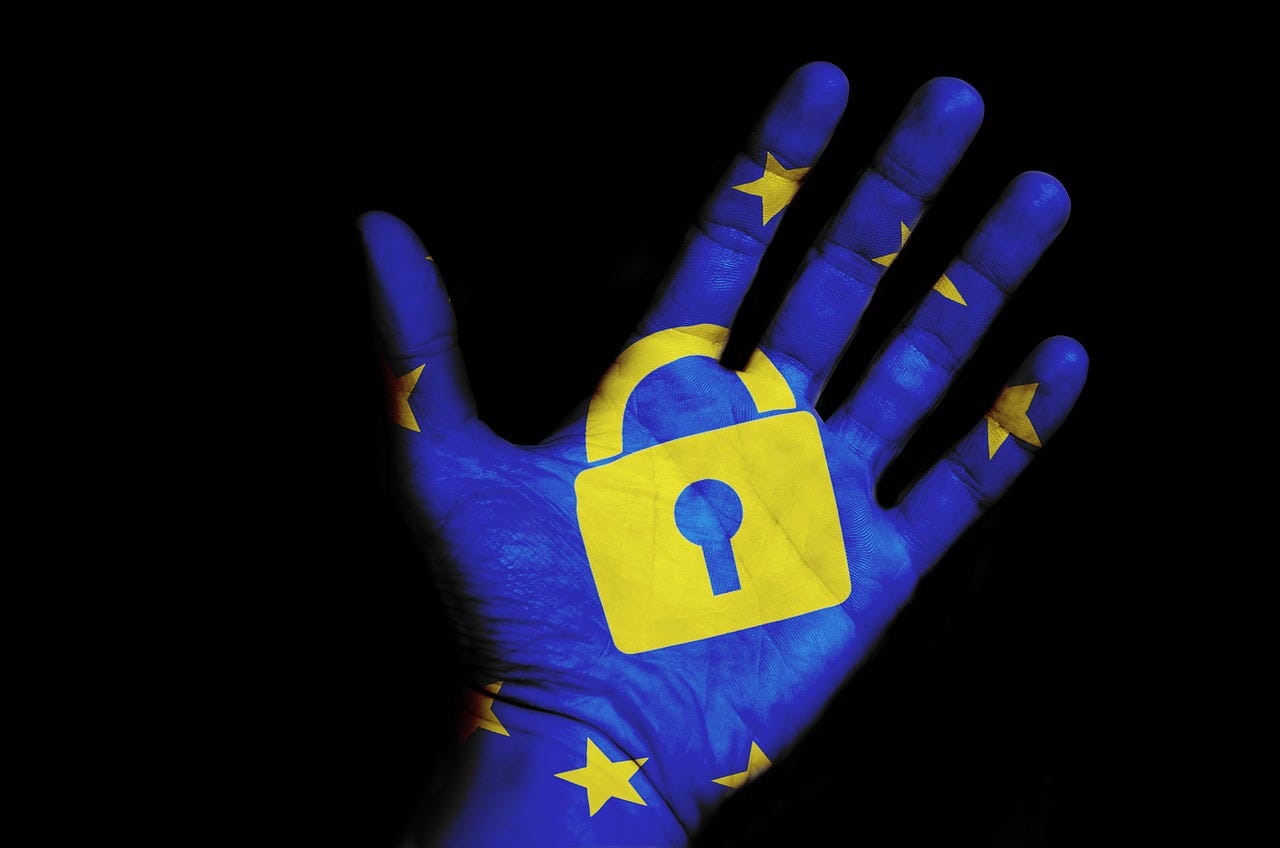Expert View: Reconciling Privacy and Internet Freedom with Blockchain
Reconciling Privacy and Internet Freedom with Blockchain


The past few months have seen a handful of data scandals emerge that have finally demonstrated to Brits the intrinsic value that their data holds, and the risks that come with giving it away so freely.
With privacy becoming an increasing concern, but users reluctant to sacrifice the ease of use that Internet freedom allows them, blockchain offers a solution to reconcile data protection with simplicity without the need for regulation.
Cambridge Analytica demonstrated not only how efficacious harnessing seemingly useless data can be in producing real world results, but also how easily data can be collected unknowingly from online users. Another UK company Carphone Warehouse was fined in January of this year for having historically stored customer data using insufficient security measures, as was discovered when the data was stolen by hackers. This shows that even data that was collected legally and for the direct purpose of buying a phone contract can be used later for nefarious purposes such as identity theft.
Until recently, we have given our data away because we either didn’t realise we were doing so, or because we perceive it to be a small price to pay for an easy transaction. Data that holds value for all sorts of companies can be collected from any manner of online interactions; from a baking video you liked on Facebook, to the tube stop that you tap in at every morning with your contactless card.
We want to have more control over our data and how it is used, but we don’t want to sacrifice the ease and simplicity that sharing it allows us to operate with. The problem is that actively controlling where your data does and does not exist is a laborious and time-consuming process. It could mean always entering your details manually on a new platform every time you log in rather than just using your Facebook credentials. Alternatively, it could mean exercising your GDPR-given right to manually ask every company you suspect might be storing your data to ‘forget’ you.
It is clearly time for a shift in the way we view our data, and crucially, the way we secure it. Blockchain technology provides a solution that safeguards data without sacrificing any of the functionality that a free and open Internet provides. Blockchain is essentially a vast, distributed, ledger where data is stored across a web of different devices, rather than in one centralised place that makes it vulnerable to hacking. Most essentially, blockchain relies on sophisticated cryptography to ensure that all the data it stores is safely encrypted.
As has been well-documented over the last year or so, the real-life applications of blockchain are myriad and diverse and will therefore replace the methods by which we currently share our data in many, many cases. Rather than sharing our information with every online shop or platform, we can store our data on a blockchain. This combats the problem in several ways. Firstly, distributed across many different devices (the data on each of which is futile in itself,) the information is not stored in one centralised place where it is at risk of an external security breach. Secondly, the information is encrypted and can easily be secured by biometric identification, meaning that only you would ever be able to access and share it.
To put this into context, take the recruitment industry. Candidates share reams of confidential data with recruiters and potential employers during the job-hunting process. This sort of data is extremely valuable in many different ways and, as such, is a target for hackers. Blockchain CVs already exist — candidates can enter their qualification and employment history on to the blockchain. Once it is verified by the institutions where that person enrolled or qualified, the CV is secured immutably.
Candidates can then apply for jobs with a CV that is trusted and credible but; moreover, they are safe in the knowledge that their data is securely held. They can use their own biometric data to share the data they want, when they want, and they can employ smart contracts to dictate how long their data is accessible to the people they’ve shared it with, such as recruiters or potential employers.
This is just one example of the endless possibilities blockchain has in revolutionising the way we view security and data sharing, without compromising on the ease and openness that the Internet is synonymous with. By encrypting data and allowing the owner full control over when and how it is shared, blockchain offers the solution to an increasingly pressing issue.
By Gary McKay, Co-founder of APPII
